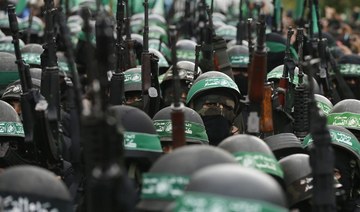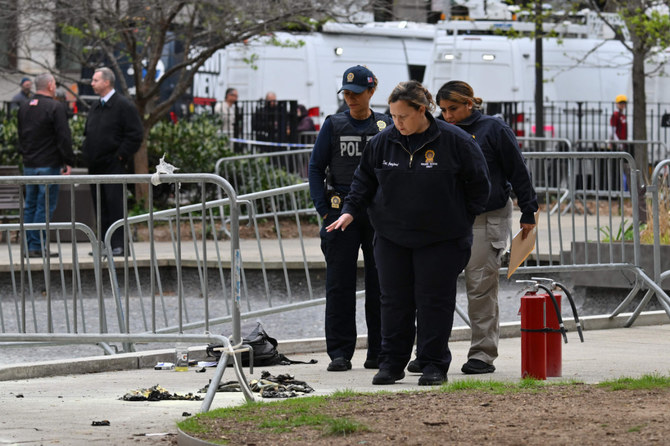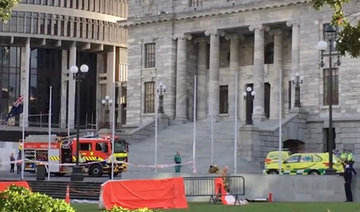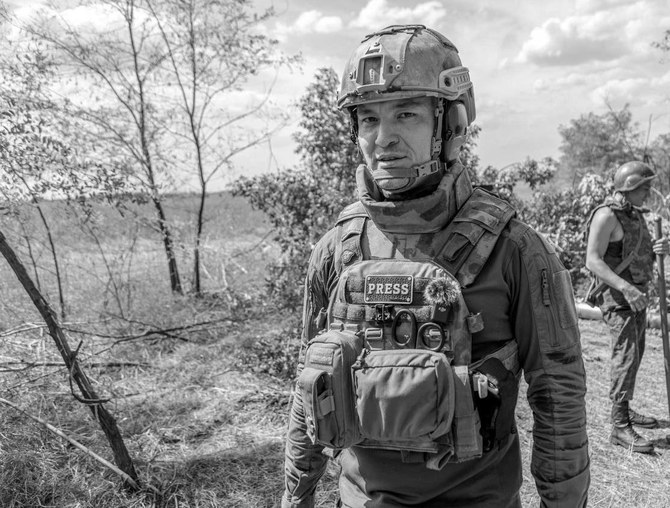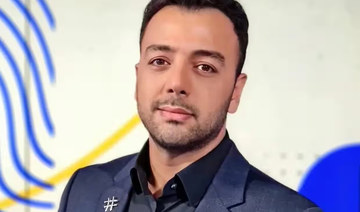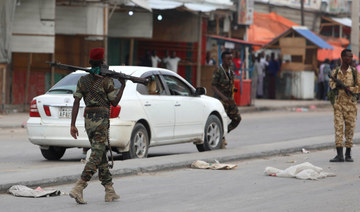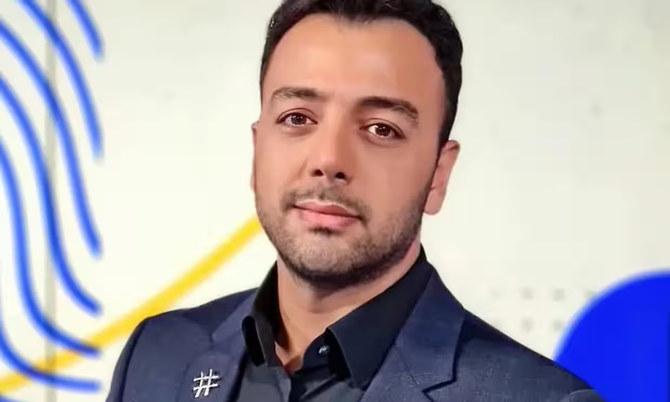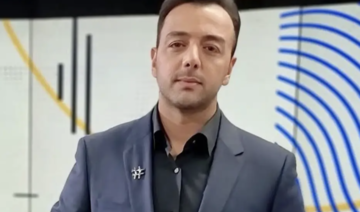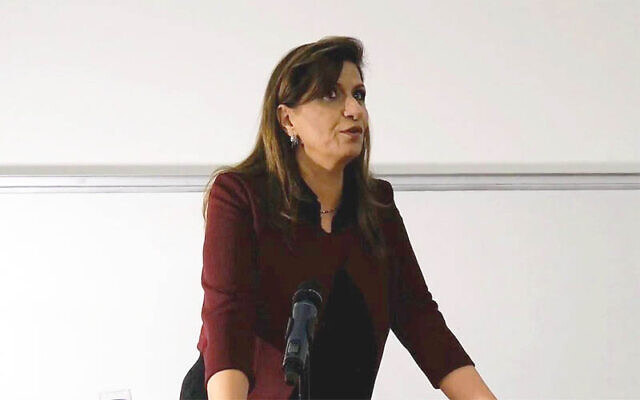ANKARA: Qatar-owned Al Jazeera’s recent coverage of Turkey’s two-week-long Operation Peace Spring into northern Syria exposed emerging divisions between the two countries.
Since last week, Turkey’s public broadcaster TRT began criticizing Al Jazeera’s editorial preferences over its anti-Turkish coverage in Syria. For the first time, it started reporting on human rights abuses in Qatar by producing a feature about Human Rights Watch urging the government to investigate migrant worker deaths.
Al Jazeera’s “English coverage took a largely similar tone, and both failed to present Turkish ground realities in an accurate or fair manner,” TRT World said.
“Other problematic aspects of the coverage include the parroting of YPG talking points — thereby legitimizing the terror group and allowing it to set the editorial tone — factual inaccuracies, and the omission of facts, such as the link between the YPG and PKK or the mention of atrocities they have carried out,” it added.
TRT, which considers Al Jazeera as part of “a propaganda blitz,” also criticized its headlines such as “Erdogan warns Kurds as Syria cease-fire gets off to rocky start,” noting that the framing of the Syrian Kurdish YPG militia as “Kurds” would be equivalent to “describing Daesh as Arabs.”
Sarphan Uzunoglu, assistant professor of multimedia journalism at Lebanese American University, said this conflict between Turkey’s pro-government media outlets and Al Jazeera is ironic since even if Al Jazeera is idealized by some scholars and readers, their political similarities with Qatar are clear.
And the spat did not end there. Turkey’s pro-government newspaper Daily Sabah published an editorial piece on Monday titled “Al Jazeera English: A threat against the Turkey-Qatar alliance.”
The striking editorial piece said: “Al Jazeera English, Qatar’s flagship news channel, has been spreading anti-Turkey propaganda. Under the pretext of independent and objective journalism, the network has succumbed to bias and fake news to misportray known terrorists and fugitives from law as oppressed activists. This is a betrayal of Al Jazeera’s own legacy.”
Daily Sabah issued a warning in its editorial piece.
“Although the two countries see eye to eye on many issues, any sustainable partnership must be firmly rooted in mutual interests. Without reciprocity, any relationship is at risk of falling apart. In light of Al Jazeera English’s complicity in the smear campaign against Turkey, the Turkish people cannot be expected to support Qatar against countries, with which Turkey could easily join forces.”
Turkish and Qatari defense ministers met twice in October over Ankara’s operations in Syria.
HIGHLIGHTS
• Since last week, Turkey’s public broadcaster TRT began criticizing Al Jazeera’s editorial preferences over its anti-Turkish coverage in Syria.
• For the first time, TRT started reporting on human rights abuses in Qatar by producing a feature about Human Rights Watch urging the government to investigate migrant worker deaths.
The recent transfer of Turkey’s top tank factory to BMC, a Turkish-Qatari private venture, was a source of concern for opposition parties.
Navvar Saban, a Syrian military analyst at the Omran Center for Strategic Studies in Istanbul, thinks that the latest row between TRT and Daily Sabah versus Al Jazeera looks more like a misunderstanding.
“The honeymoon between the two countries has been over for a long time, but that does not mean that their relationship is over. It is a media-based conflict that does not affect the whole relationship,” he told Arab News.
Daily Sabah said: “If Qatar wants to burn bridges with a key ally so that a handful of second-tier activists and washed-up Westerners can feel important, then Turkey has no reason to have Doha’s back.”
The newspaper “kindly requested” that Al Jazeera English “weed out” journalists critical of Turkey “before it is too late” for Turkey’s relations with Qatar.
Uzunoglu believes that, despite this conflict being expressed through news channels from both countries, it cannot be framed as a confrontation between their governments.
“The most important part of this story is that the Turkey-Qatar alliance has always seemed to be unbreakable. However, now we see that as both countries have fragile positions in international politics, these ties are more precarious than ever. This warning by Daily Sabah, which is known to be reflecting Turkey’s new elite’s political perspectives, is not just a random piece. It has an agenda,” he told Arab News.
According to Uzunoglu, in terms of the political function of international news outlets and their role within the political life, this case shows that government-backed news outlets are perceived as the voice of the state.
Soner Cagaptay, director of the Turkish Program at the Washington Institute, said that the latest incidents are a sign of a crisis in Turkish-Qatari relations which will be a big problem for both Ankara and Doha as both countries.
Cagaptay said that Qatar was the only Middle Eastern nation whose head of state attended Turkish president Recep Tayyip Erdogan’s swearing-in ceremony on July 9, 2018.
“It will be really significant if Qatar is abandoning Turkey. It will mean Turkey is losing its final and last ally in the Middle East,” Cagaptay said.
Apart from political ties, the volume of bilateral trade between Turkey and Qatar has increased by 84 percent over the last decade, with a value of $1.4 billion last year. Currently, more than 180 Turkish companies are operating in Qatar.
Qatar has not reacted at official level to the criticism made by state-run and pro-government news channels from Turkey over its coverage of Ankara’s Syria offensive.




